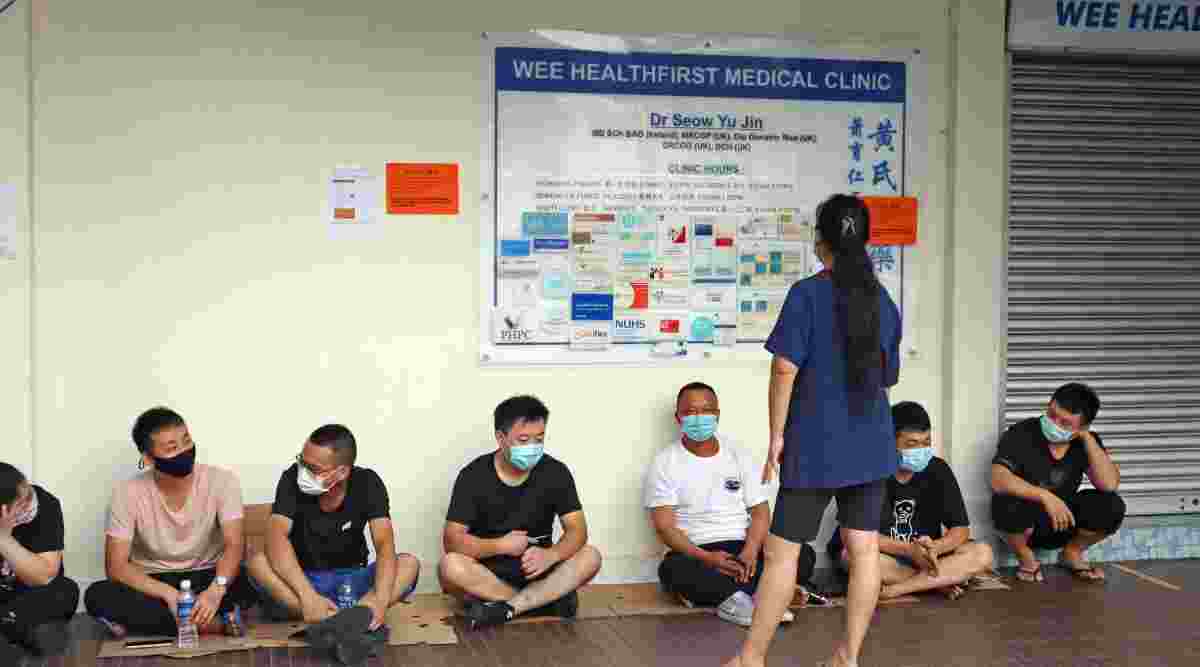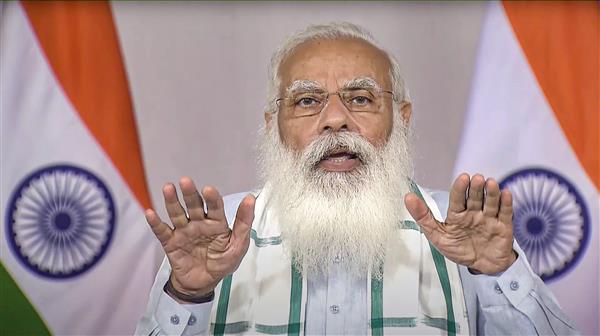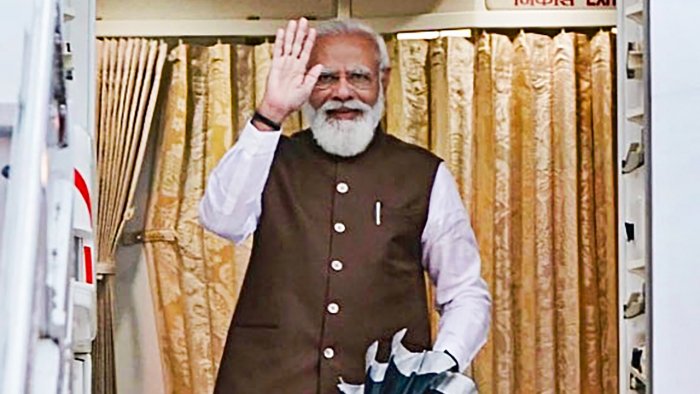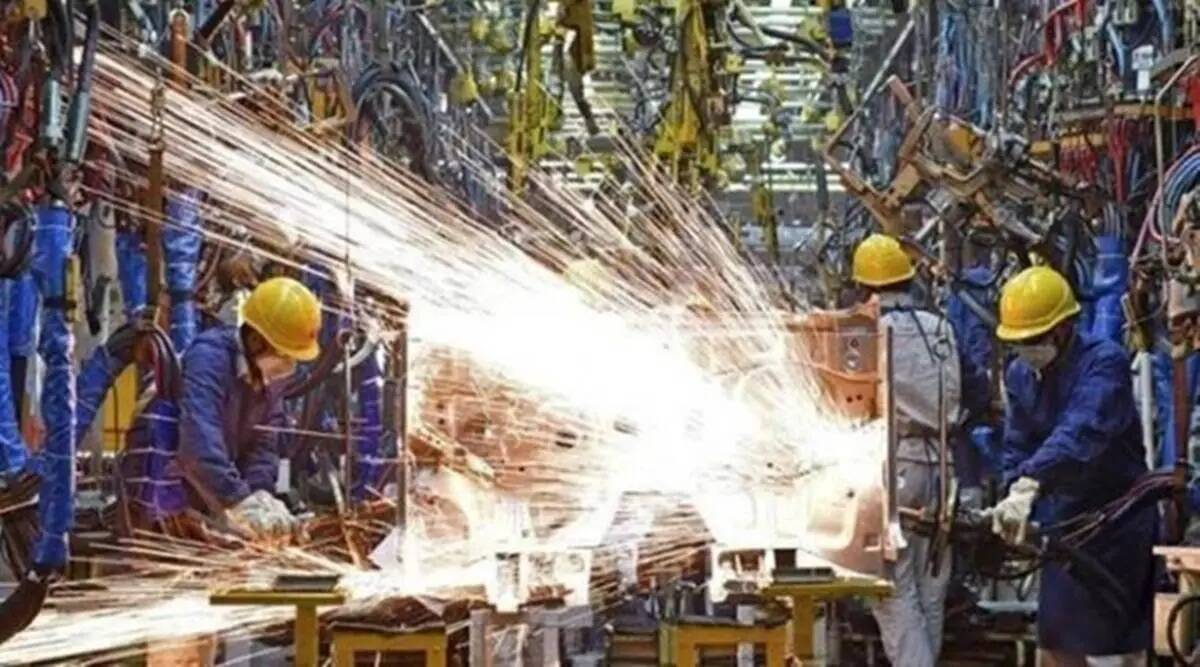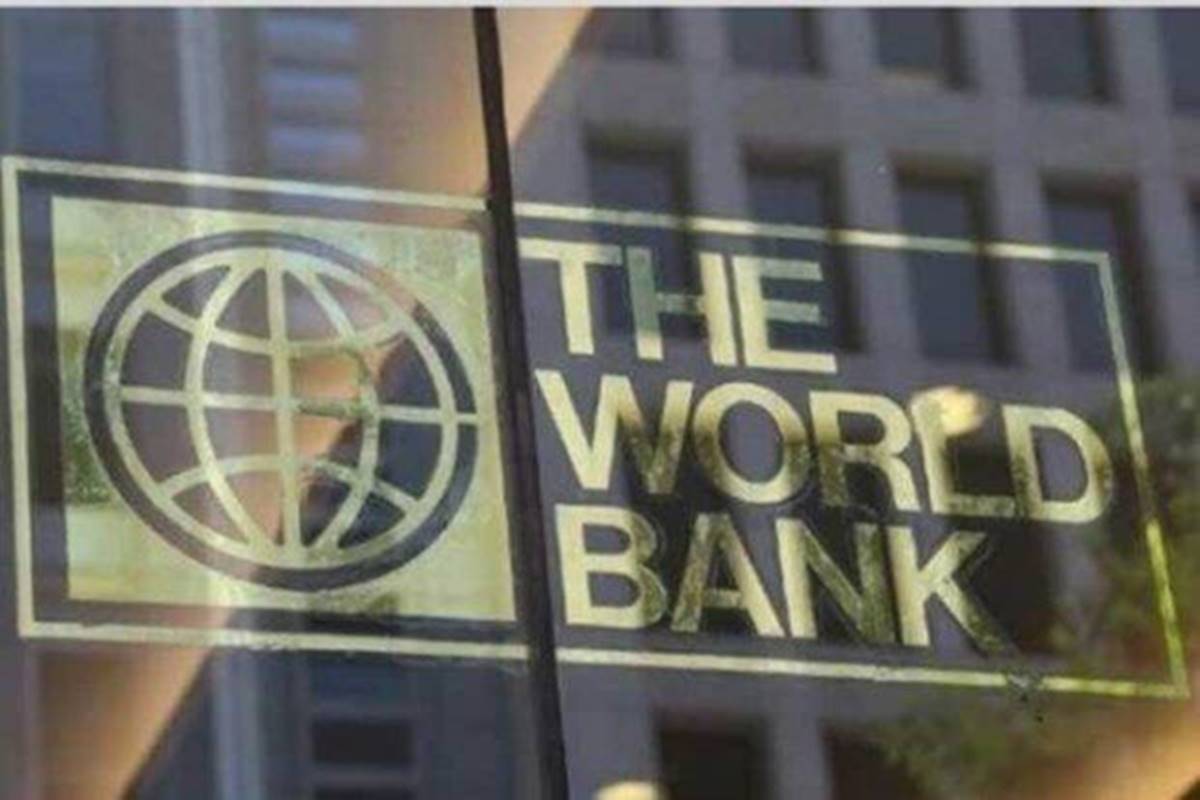
06/24/2022
New Delhi, June 24: The World Bank announced on Thursday (23-06-2022) that it had authorized three loans totaling USD 562 million (about Rs 4393.70 crore) to support projects for education in Gujarat, social protection in Tamil Nadu, and the rehabilitation of the fisheries industry after the epidemic.
According to the Indian Media, The Outcomes for Accelerated Learning (GOAL) initiative, which aims to enhance educational outcomes for kids throughout the state of Gujarat, received extra funding of USD 250 million from the World Bank Board of Executive Directors, according to a statement.
An extra 3,000 schools that have been disproportionately impacted by the Covid-19 epidemic will benefit from the funding for GOAL. Additionally, the World Bank's board of executive directors approved funding of USD 162 million for the RIGHTS project to strengthen the social protection systems and capacity of the State of Tamil Nadu to promote inclusion, accessibility, and opportunities for people with disabilities as well as USD 150 million to support the recovery of India's fisheries sector.
According to the international finance agency, the Covid-19 epidemic caused losses in the fishing sector of almost USD 5.5 billion and a drop in fish output of about 40% in only one year in 2020–21. The initial loan of USD 500 million, which was authorized in March 2021, is supplemented by GOAL project finance.
According to the World Bank, it is in accordance with the Bank's Rapid Response Framework, which aims to reach every child and keep them in school, routinely assess learners' skill levels, give priority to teaching the fundamentals, and boost catch-up learning.
It also strives to promote the mental well-being of both instructors and pupils. According to Shabnam Sinha, Lead Education Specialist and Task Team Leader for the project, "This extra funding will scale up the coverage of the original program from a total of 9,000 to 12,000 schools, while also supporting new initiatives to assess the success of the program's activities."
According to the World Bank, the fishing industry in India today directly employs roughly 12 million people and supports another 13 million through related businesses through a loan of USD 150 million. The Pradhan Mantri Matsya Sampada Yojana, which intends to modernize the industry in a sustainable way by introducing contemporary methods, expanding access to financing, and making it more climate-resilient, will be complemented by the Fisheries Sector COVID-19 Recovery Project.
Due to a lack of finance and credit options as well as beliefs that the industry is high-risk, incentives for more private investment in India's fisheries sector have been restricted. By connecting them with government programs that offer financial assistance to farmers, such as the Kisan Credit Card and the Micro Units Development and Refinance Agency Limited, the project would assist small businesses in getting access to operating money (MUDRA).
